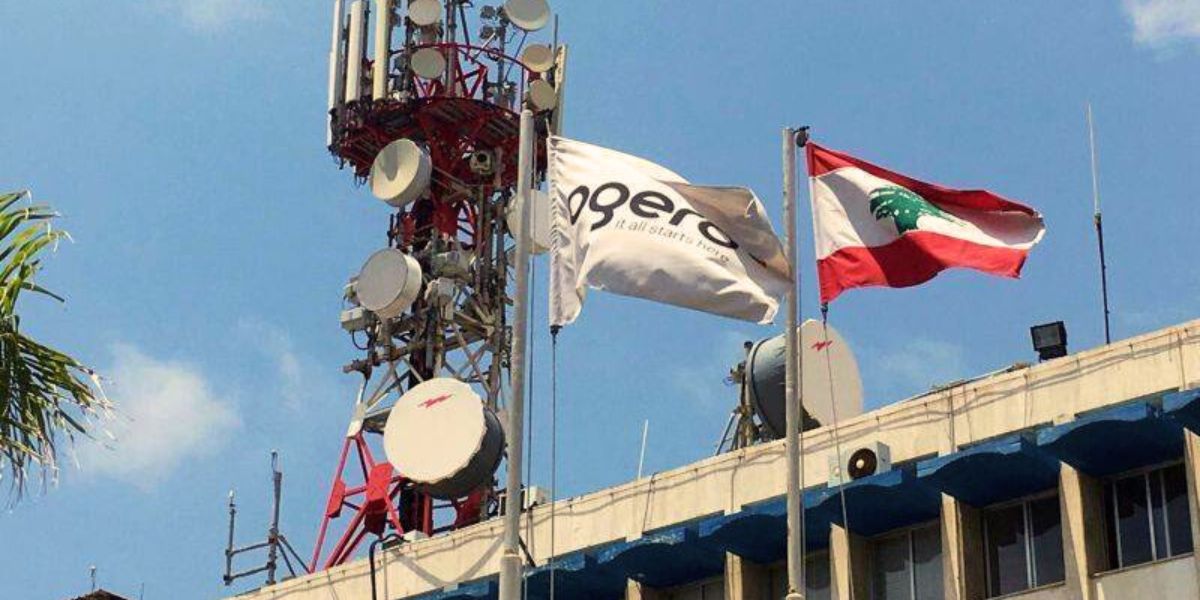Lebanese judge of urgent matters in Tyre, Mohammad Mazeh, just issued a decision prohibiting the local media from conducting interviews with the US Ambassador to Lebanon Dorothy Shea for a year.
This decision was reportedly made on the background of the ambassador’s recent interview with Al-Hadath TV.
The ambassador’s statements on the interview were allegedly deemed “offensive to the Lebanese citizens.”
In this interview, the ambassador stated that: “We have great concern from Hezbollah, which built a state within the state in Lebanon, and the “Caesar’s” law is not directed at the Lebanese and the Lebanese economy, but rather on the Assad regime and its supporters.”
After this statement, the US ambassador to Lebanon received some extreme reactions, which sum up to the judge’s decision preventing her from giving statements to local media, and local media from hosting her, and a fierce backlash from pro-Hezbollah twitters.
شباب وصبايا اخوة واخوات الدعوة عامة ليوم غد الساعة الرابعة ظهرا ….وقفة احتجاجية قرب سفارة #عو_كر رفضاً لتدخلات السفيرة الامركية بشؤون بلادنا وفرض اوامراها علينا
— maya??? (@may223567) June 27, 2020
سنقول لها بأعلى اصواتنا هيهات منا الذلة ✌?
Shortly after the judge’s decision, a firm response came from LBC Lebanon:
“In response to the Judge Mohamed Al-Mazeh’s decision, which included in part a ban on media outlets from conducting an interview or any conversation with the American ambassador to Lebanon for a year, LBC considers that the judge’s decision interfered with the sanctity and freedom of media work that is safeguarded by the Lebanese constitution and law and considers it a non-binding and non-enforceable decision, and therefore it will file an appeal against it, before the competent judicial authorities.”
LBCI
As for Lebanon 24, the response was a following:
“A judicial source confirmed to “Lebanon 24″ that the judge’s decision regarding the banning of the American Ambassador Dorothy Shea from giving statements to local media cannot be implemented on the ground because the Lebanese judiciary has no authority on a foreign ambassador unless they committed a criminal offense in Lebanon that is punishable by law.”
Lebanon 24
This decision came with many angry and shocked reactions by the Lebanese people, especially regarding its illegitimacy.
What is more, is that the ambassador’s statement to Al-Hadath TV didn’t come out of thin air.
The ambassador responded to Hezbollah’s claim (or accusation) in a recent speech that Lebanon’s financial crisis is a plot from the United States.
To the judicial decision against her, the US Ambassador to Lebanon Dorothy Shea responded via MTV Lebanon by saying: “I was hoping that people would spend this time trying to solve the problems facing the country that suffers from an economic crisis that led to people worrying about securing food at the table.”
As for the Lebanese government, it prompted to apologize to the US Ambassador for the judge’s decision.
“We have heard an apology from the Lebanese government for the decision of this judge,” Ambassador Shea said, “and the freedom of expression of the Lebanese people must be preserved.”
It is no secret to any that freedom of expression, or the right of the Lebanese to express their opinions, has been problematic, in recent weeks more particularly, allowed to some and refused to others.
Some (too many) get arrested and prosecuted, even if a high authority, while others carry on freely and untouched, including high authorities.

















